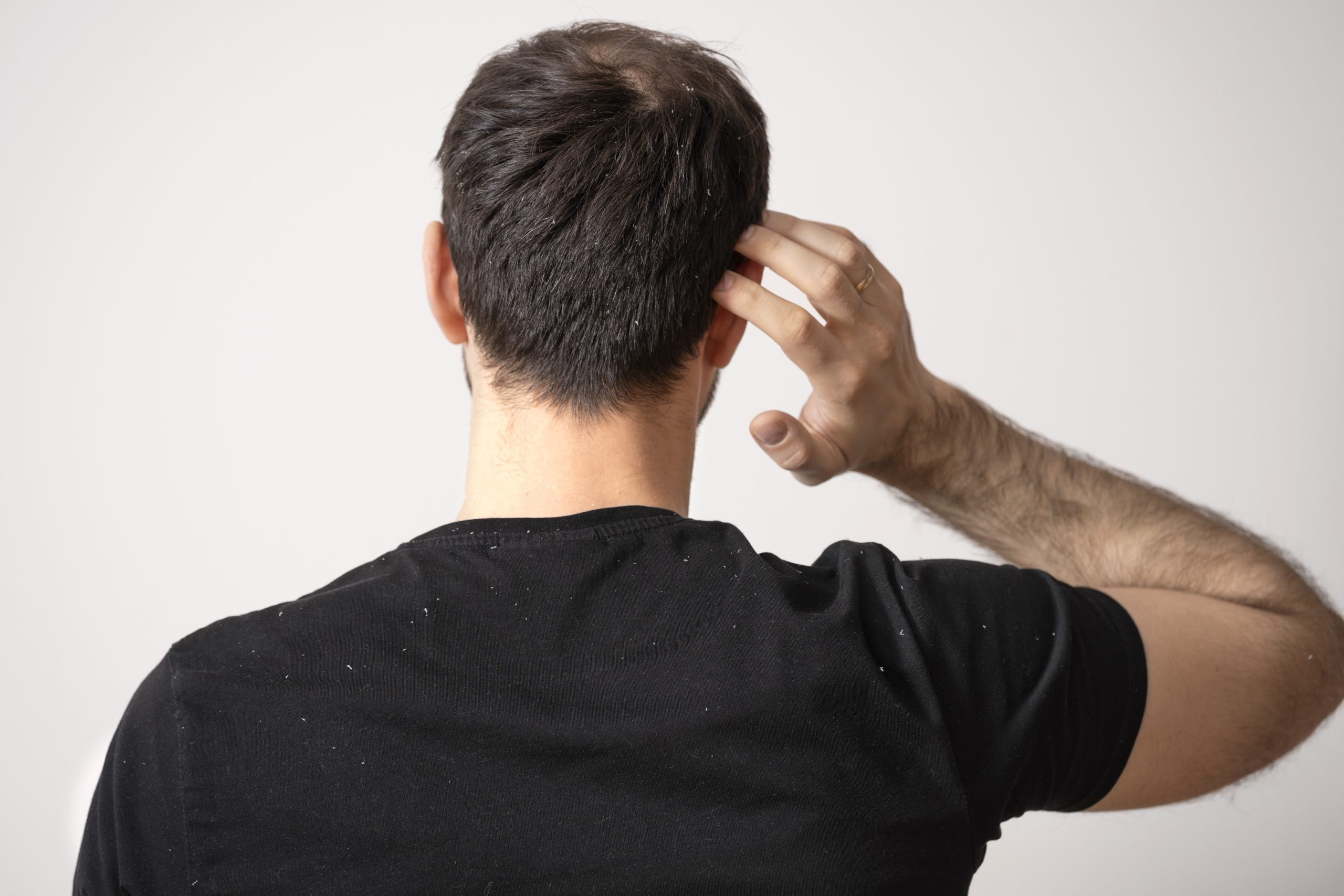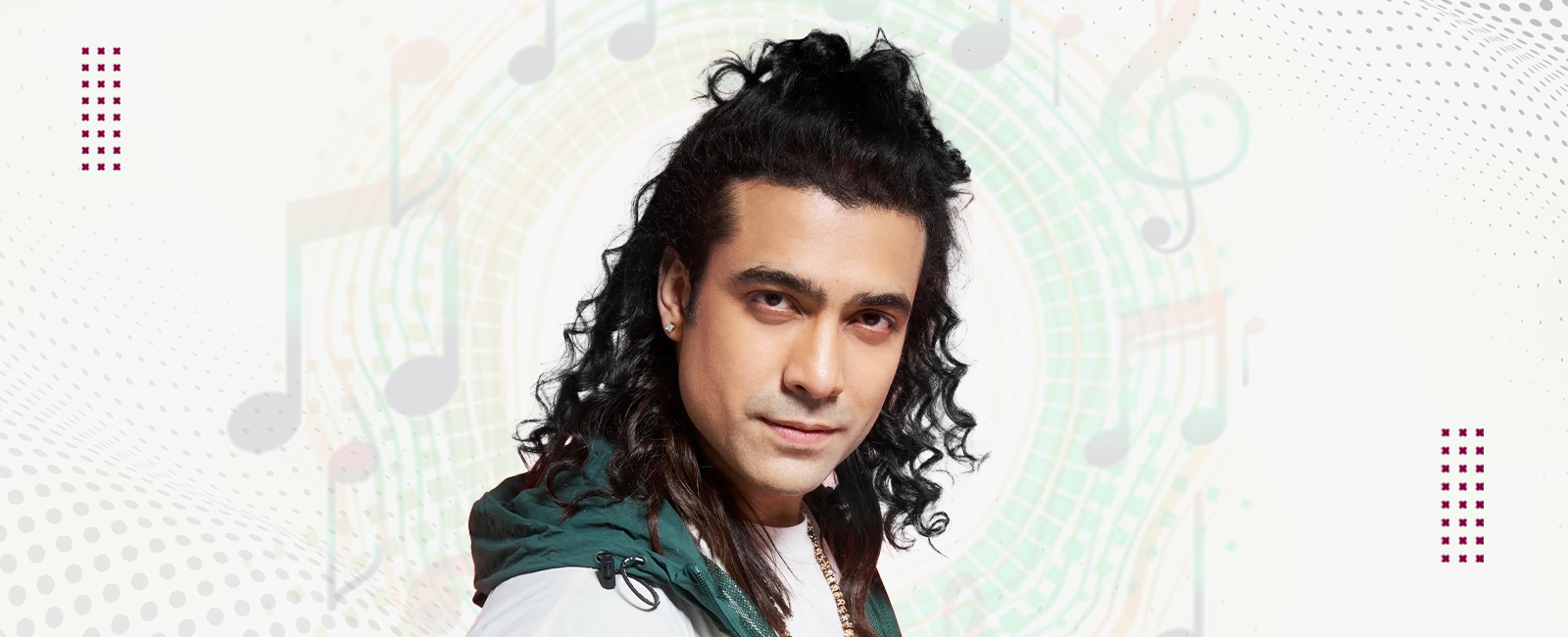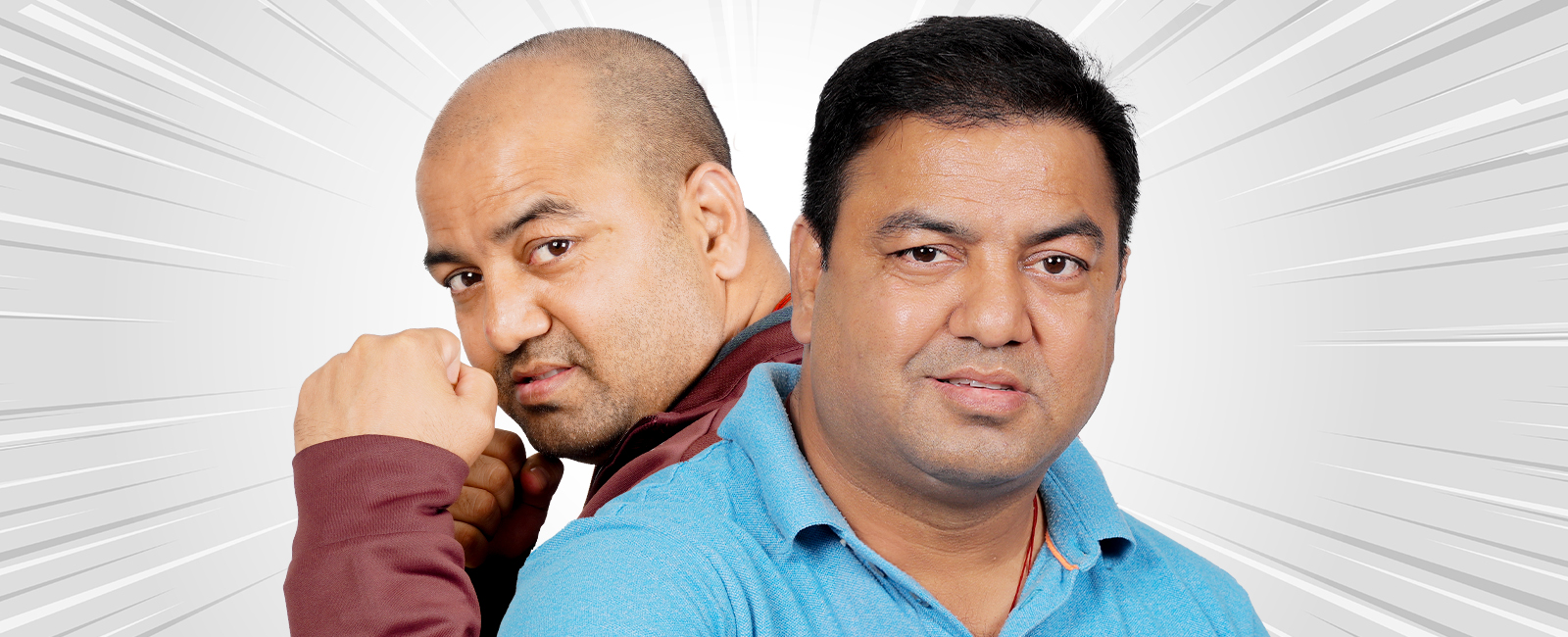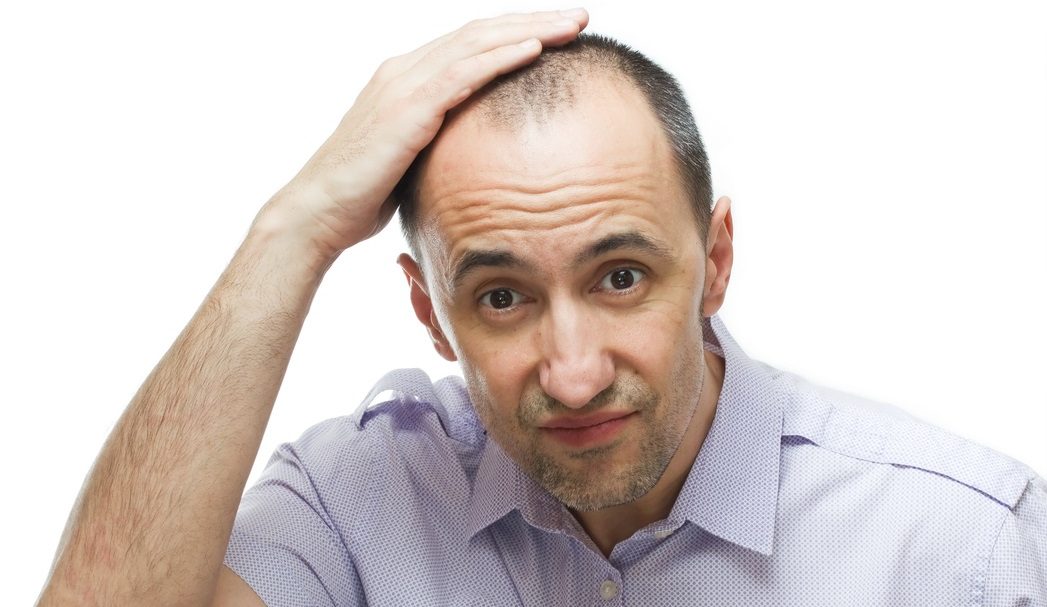It is assessed that around 50% of us are victims of dandruff. Most of us want to get rid of white flakes that ruin our dashing black outfits. Even a perfect hairstyle wouldn’t help you to impress the crowd if your shoulders are covered with white tiny flakes. Find most of your answers here related to dandruff. Discover the primary causes, possible solutions and side effects of these evil white flakes.
Leading Causes Of Dandruff
- One of the primary reasons for dandruff is the accumulation of skin cells, which can lead to flakes and discomfort when adequate hair hygiene is not practised. Regular shampooing is unavoidably necessary. Additionally, it’s crucial to avoid using too many hair products and to try to keep some regularity and regularity in your use of them. This could simply aggravate the scalp even more. Additionally, avoid scratching your head to relieve an itch because doing so will make the situation worse.
- Hair dandruff is primarily brought on by greasy skin, which itches. The most frequent cause of dandruff in hair is likewise this. Additionally known as seborrheic dermatitis. Some of the effects of it include red skin, dandruff, and scaly spots. The eyelids, besides ears, eyebrows, and chest may also be impacted by this. The condition might go away on its own, negating the need for therapy. It does, however, occasionally need to be treated.
- Your scalp is affected by yeast cells called Malassezia, which results in excessive skin cell development. Ideally, your skin contains a small amount of yeast that is not dangerous; a problem only arises when it multiplies excessively. This typically occurs when a certain area of your body is kept overly damp or moist while being denied airflow. This might be a contributing factor to dandruff. Yeast may also result from the wrong medication for stress, Chemical content in your product of hair, and poor diet, If an illness persists for a long time, flakes and dead skin may accumulate, necessitating medical attention.
- A dangerous combination of chemicals in some hair care products may be inappropriate for your scalp and cause dermatitis or skin irritation. The skin turns red and dry in this situation. Some dermatitis types persist for a long time, while others may cause sporadic outbreaks because of stress, the environment, or various forms of exposure. While some people may have serious problems even during dry winter months, others may have severe episodes in humid conditions.
Are There Possible Side Effects Of Dandruff?
The good news is that dandruff flakes don’t really invite side effects, but certainly be aware of the products you are using to treat it, they might harm you. Shampoos consisting of coal tar can discolour your hair. In case you have blonde or grey hair then you are prone to this condition much more. Moreover, your skin becomes more vulnerable to sunburn if exposed to sunlight by coal tar. Though precautions like limited exposure, or covering with hats or scarfs can help.
Contagious Or Not?
The term, ‘contagious,’ must not bother you while you are thinking of dandruff. Dandruff is not something that you can gift to anyone who comes into your contact and nor you can receive it as an unwelcomed guest from anyone else.
Does Dandruff Cause Hair Fall?
Though you can experience both dandruff and hair fall at the same time, studies show that dandruff itself is not responsible for hair fall. Though it has to be treated and given the required concern, but it cannot be blamed for your hair loss.
Dry Scalp Or Dandruff
While you are looking for a solution for the dandruff issue, you might not be aware of the fact that it is actually the dry scalp and not dandruff that is troubling you. Both conditions appear much similar and both can result in flakes and an itchy scalp. The difference is that you can relate an itchy scalp to a mere lack of fluid or water in the scalp and dandruff is linked to seborrheic dermatitis. Dandruff often ends up in itchy rashes and redness.
If you want to differentiate and know whether you are having a dry scalp or dandruff, then you must examine your overall skin as well. In case, you are having dry scalp, then there are high chances that your overall skin is also facing dryness.
How To Treat Dandruff?
Treating dandruff is not rocket science in any case. Listed below are a few basic tips for treating dandruff:
- Hygiene: When you are ensuring proper hygiene and regular cleaning of your scalp and hair then you are also ensuring that you do not face the issue of dandruff. Hygiene also involves avoiding rubbing and scratching the scalp, especially when you face the urge to scab it.
- Antidandruff shampoos: Certain antidandruff shampoos are full of zinc pyrithione. This element is antifungal and antibacterial. These kinds of shampoos can help you with your dandruff issues as long as you are using them. But, do know that these shampoos comes with a condition that these will work as long as you are using them.
- Stress: This might bore you that almost every disease’s solution asks you to reduce your stress levels but this is a fact we cannot do anything about. Thus, try reducing your stress levels not just for combating dandruff but for ensuring an overall healthy life.
Listed below are a few home remedies to combat dandruff:
- Coconut oil: Coconut oil is associated with healthy hair for ages. Rub the required amount of coconut oil on the scalp and leave it for an hour, then shampoo well.
- Lemon juice: Lemon juice has ample benefits to health, and combating dandruff is one such. Apply on the scalp, leave overnight and then wash with shampoo.
- Aloe vera: Our granny’s wisdom list down countless benefits of aloevera just like lemon juice. Apply the pulp of aloevera and leave for an hour or two, then wash your hair, possibly with antidandruff shampoo.





